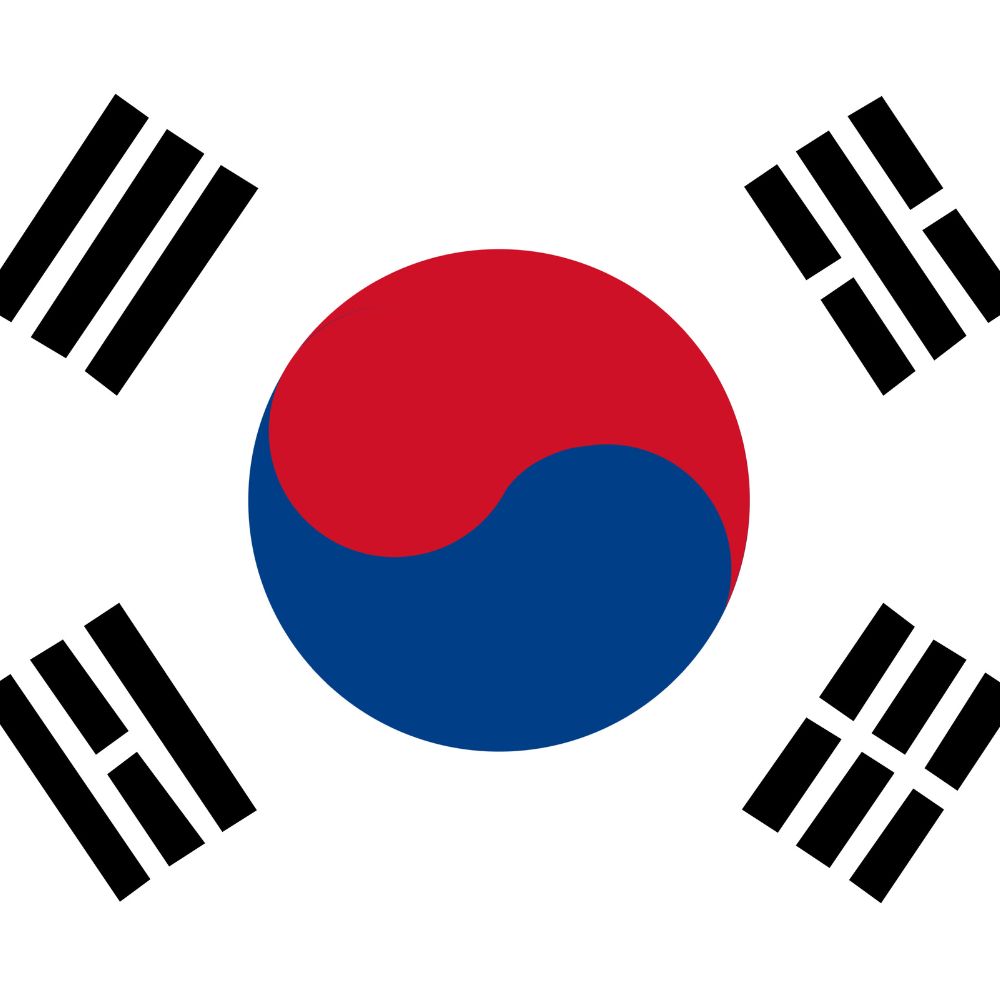Kim Jong Un labels South Korea a “foreign, hostile country” amid rising tensions
In a stark escalation of rhetoric, North Korean leader Kim Jong Un has officially declared South Korea a “foreign, hostile country,” further deepening the chasm between the two nations on the Korean Peninsula. This significant shift in language, which came during a military event in Pyongyang, signals a sharp departure from the occasional diplomatic overtures of the past and raises concerns about increased tensions in the region.
A New Era of Escalation
Kim Jong Un’s latest remarks reflect a hardening of North Korea’s stance towards its southern neighbor. The use of the term “foreign” suggests a formal disavowal of any semblance of shared identity or historical connection between the two Koreas, which have technically been at war since the 1950s Korean War, as no peace treaty was ever signed. Traditionally, both North and South Korea have viewed themselves as part of one nation, despite their ideological divide. Kim’s characterization of South Korea as “hostile” aligns it more clearly with the United States, which North Korea sees as its primary adversary.
The timing of Kim’s comments is critical, as they come amid South Korea’s strengthening military alliance with the United States. In recent years, the U.S. and South Korea have conducted joint military exercises and expanded their strategic coordination in response to North Korea’s growing nuclear capabilities. Kim Jong Un has frequently condemned these drills, framing them as preparations for an invasion, despite the exercises being defensive in nature according to Seoul and Washington.
Impact on Inter-Korean Relations
Kim’s statement is a significant setback for inter-Korean relations, which have been marked by fluctuating periods of cooperation and hostility. Over the past decade, there have been moments of optimism, including the historic summits between Kim Jong Un and South Korean President Moon Jae-in in 2018. These meetings raised hopes of reconciliation, with agreements on denuclearization, economic cooperation, and family reunions. However, the progress stalled, largely due to disagreements over North Korea’s denuclearization and the U.S.-led sanctions regime.
Since then, relations have deteriorated. Kim’s declaration of South Korea as an enemy likely puts any future diplomatic engagements at risk. North Korea has already severed most communication channels with the South, including the hotline between the two governments. The aggressive rhetoric may also signal an intention to escalate provocations, including missile tests and military displays, as North Korea continues to advance its weapons programs.
Regional Security Concerns
The labeling of South Korea as hostile has raised alarms in international diplomatic circles, as it could lead to further instability in East Asia. Analysts believe that North Korea’s hardline stance may be a response to what it sees as an encirclement by U.S. and South Korean forces, especially with the recent trilateral cooperation involving Japan. The expansion of military ties between the U.S., South Korea, and Japan, including enhanced missile defense systems and naval drills, has been portrayed by North Korea as an existential threat.









